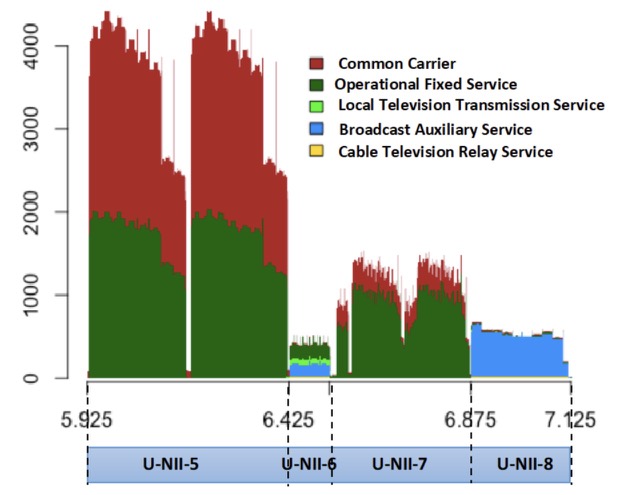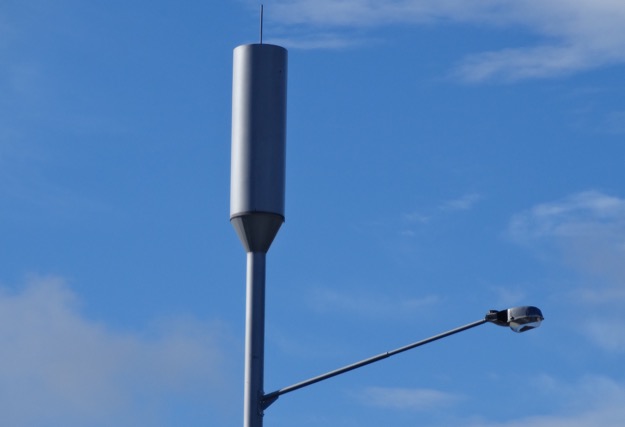FCC wants to open 1,200 MHz of spectrum to unlicensed users, and that’s a lot

The Federal Communications Commission is considering a radical overhaul of the way licensed spectrum is managed, and shared with unlicensed users. Besides upping the stakes for wireless Internet service providers this week, the FCC began considering a plan to open up a massive 1,200 MHz slice of spectrum in the 6 GHz range to WiFi, Internet of things (IoT) and other new and unlicensed uses.
It’s a lot of bandwidth. The 2.4 GHz band originally used for WiFi is only 83 MHz wide, and the newer 5 GHz band is 150 MHz.… More


![By Slowking4 (Own work) [GFDL 1.2 (http://www.gnu.org/licenses/old-licenses/fdl-1.2.html)], via Wikimedia Commons](https://www.tellusventure.com/images/2018/1/net_neutrality_banners.jpg)





![By Official Navy Page (Flickr: Adm. Haney flips the coin at the Pro Bowl.) [CC BY 2.0 (https://creativecommons.org/licenses/by/2.0) or Public domain], via Wikimedia Commons](https://www.tellusventure.com/images/2018/10/coin_toss.jpg)
![By Kyle Flood from Victoria, British Columbia, Canada (Waaah!) [CC-BY-SA-2.0 (https://creativecommons.org/licenses/by-sa/2.0)], via Wikimedia Commons](https://www.tellusventure.com/images/2018/10/crying_baby_625.jpg)